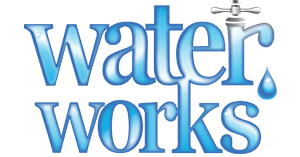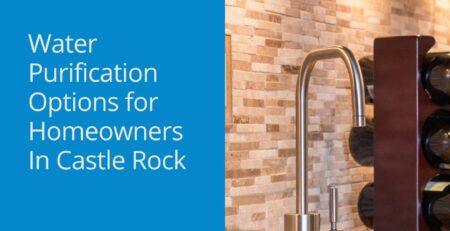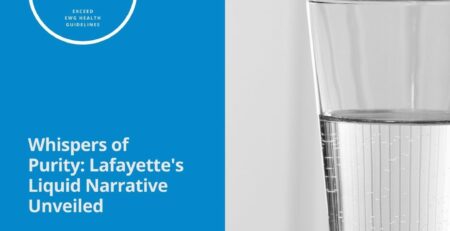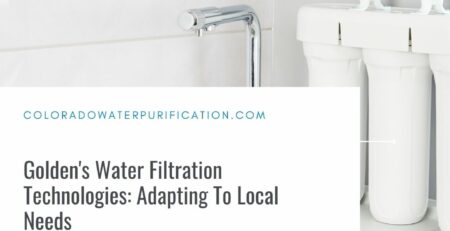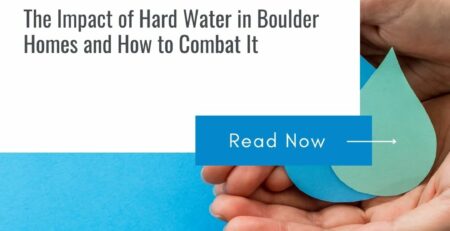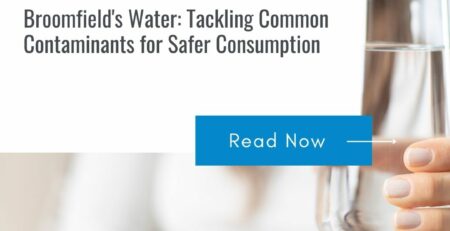Sustainable Water Management in Denver: Best Practices for Residents
The shimmering silhouette of the Rocky Mountains, the storied plains and the bustling urban districts – Denver’s landscape is as varied as it is vibrant. Yet, amid the growth and the grandeur, comes a pressing need to manage the lifeline of the city – water. Denver, like many cities, faces a delicate balancing act between water abundance in the form of high snowmelt and the growing demand from its residents, industries, and the environment.
Current Water Usage in Denver
In understanding the necessity for sustainable water management, it is paramount to first comprehend Denver’s current water usage landscape. The Mile-High City annually siphons through millions of gallons of water for various residential and commercial activities. Yet, much is lost to inefficiencies, such as outdated irrigation systems and wasteful practices. This puts a strain on the region’s water resources, particularly during dry spells, affecting the area’s fragile ecosystems and driving up costs for all water users.
Importance of Sustainable Water Management
The consequences of unsustainable water usage are far-reaching, from local ecological impacts to global concerns over climate change. However, practicing sustainable water management isn’t just about conservation; it also presents homeowners with an opportunity to reduce their bills, engage with the community, and foster a greener, healthier environment for generations to come.
Environmental Impact
When it comes to the environment, every drop of water saved makes a meaningful difference. By adopting sustainable practices, Denver residents can help conserve scarce water supplies, protect local flora and fauna, and even contribute to mitigating climate change through reduced energy usage for water treatment and distribution.
Cost Savings
Water conservation is also a pathway to significant cost savings. Through simple adjustments like installing water-efficient fixtures or adopting smart irrigation methods, residents can slash their water bills while enjoying a lush landscape at home.
Community Benefits
The benefits extend beyond the household. Engaging in sustainable water practices fosters a sense of community pride and social responsibility. It becomes a shared effort, one that can strengthen neighborhood bonds and enhance the overall quality of life in Denver.
Best Practices for Denver Homeowners
Here are the best practices that Denver homeowners can adopt to become stewards of sustainable water usage.
Xeriscaping and Native Plants
Denver’s semi-arid climate presents unique challenges for landscaping. By utilizing xeriscaping — a landscaping approach that reduces or eliminates the need for supplemental water — and planting native species, homeowners can create beautiful, water-efficient gardens that thrive in Denver’s natural environment.
Efficient Irrigation Methods
It’s no secret that traditional sprinkler systems are one of the biggest culprits of water waste. Upgrading to drip irrigation or micro-sprayer systems, which deliver water directly to the roots of plants, can cut down on waste significantly while ensuring plants receive just the right amount of water to flourish.
Rainwater Harvesting
Utilizing rain barrels or larger cisterns to collect rainwater runoff presents a dual advantage. Not only does it provide free water for your garden during dry spells, but it also helps prevent stormwater from carrying pollutants to rivers.
Water-Efficient Fixtures
From low-flow toilets to aerated faucets, modern fixtures allow for the same convenience with a fraction of the water. Installing these can lead to considerable water savings without sacrificing comfort.
Local Resources and Support
Denver is committed to water conservation and offers programs, incentives, and resources to help residents transition to sustainable water practices.
Denver’s Water Conservation Programs
The city’s water conservation programs provide a wealth of information and support, from workshops on water-efficient gardening to personalized home water audits that identify specific areas for improvement.
Rebates and Incentives for Water-Saving Measures
Denver Water offers rebates for various water-saving upgrades, including converting lawns to xeriscapes and purchasing high-efficiency toilets and washing machines.
Case Studies or Success Stories
In communities across Denver, homeowners have deployed innovative approaches to water management, showcasing that sustainable solutions are not only feasible but can also be beneficial.
Local residents share their stories of transforming their water usage habits and the positive impact it has had on their lifestyles and the environment.
Conclusion
Sustainable water management in Denver is more than a concept; it is an actionable strategy that begins with each resident. By adopting the best practices outlined here, Denver homeowners have the power to conserve water, save money, and contribute to a more sustainable and resilient community. The call to action is clear: it’s time to make sustainable water management a way of life in the Mile-High City.
